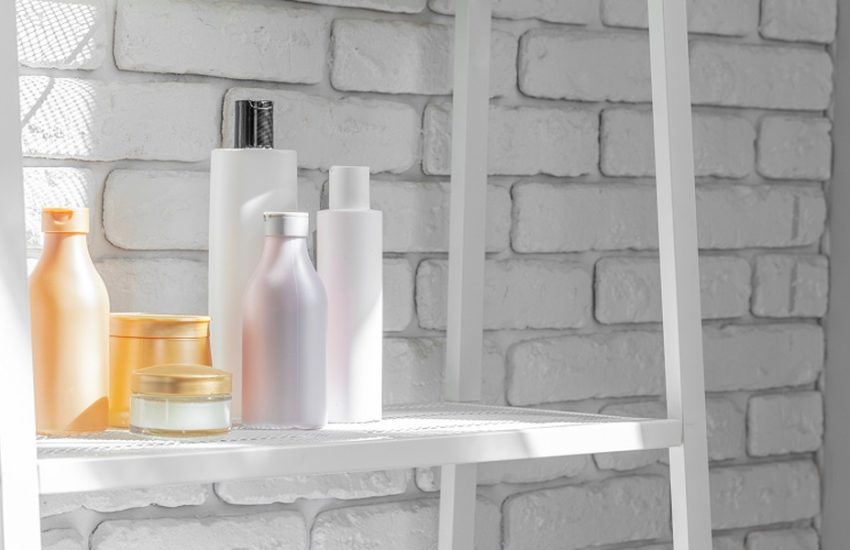Can Thumb Sucking Affect Your Child’s Teeth?
Thumb-sucking is a fairly common human trait in babies, chimpanzees, and other primates. 60 to 80% of babies suck their thumbs during their infant stage. While the habit begins decreasing after six months, some older babies may do it to calm themselves or for entertainment.
While thumb-sucking is harmless for newly born babies, the older your child gets, the more harm thumb-sucking does to their teeth. Most parents do not think of this habit as harmful, but it is important to learn the reasons your child is still doing it and how it may damage their oral wellness. Consult with a dentist in Diamond Bar, CA, today.
Ways thumb sucking can ruin your child’s teeth.
- Thumb-sucking can interfere with jaw development because repeated sucking requires constant pressure. This influences how the jaw and teeth develop.
- Thumb-sucking can cause an overbite or open bite and influence your child’s speech development. They may experience difficulty pronouncing R, S, L, and Z.
- Thumb-sucking, when done beyond the first six months, can cause misalignment of the teeth.
What are the long-term effects of thumb-sucking?
Children who do not quit their thumb-sucking habit after a specific time may experience oral health issues in their adult years. Their teeth may become pushed out, causing overbite or underbite, and you may require dental braces to fix the alignment.
The physical impacts of thumb-sucking can be irritating as well. If a child does not break their thumb-sucking habit, it may continue in their teenage and adult years. Parents should take the initiatives to discourage this habit at the appropriate time.
Here are some parental tips to stop thumb-sucking in children:
- Create a reward system for your children. Tell them they will receive a reward every day they avoid this habit.
- If your child has become a teenager, communicate with them and explain the negative effects of thumb-sucking. It becomes easier to break habits when children understand their consequences.
- Focus on positive reinforcement. Breaking a habit is not easy, and your child may revert to thumb-sucking after stopping for a long time. However, do not scold them about it. Help them in their development.
Do not hesitate to consult a dentist today.
While your child may be embarrassed about going to the dentist and admitting that they have a thumb-sucking problem, it will help them in the long run. It is recommended to consult a doctor during the early stages of thumb-sucking to keep an eye on their oral development.



